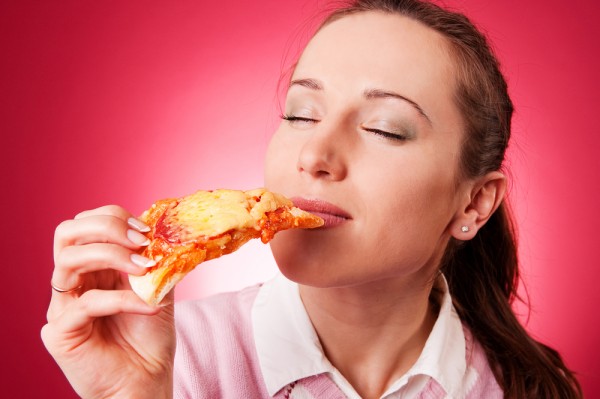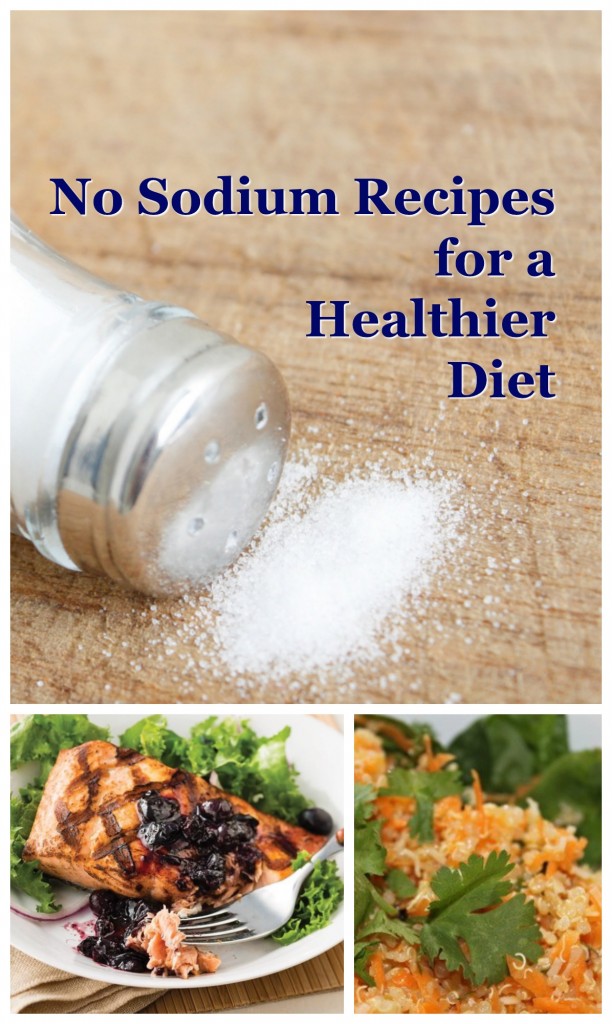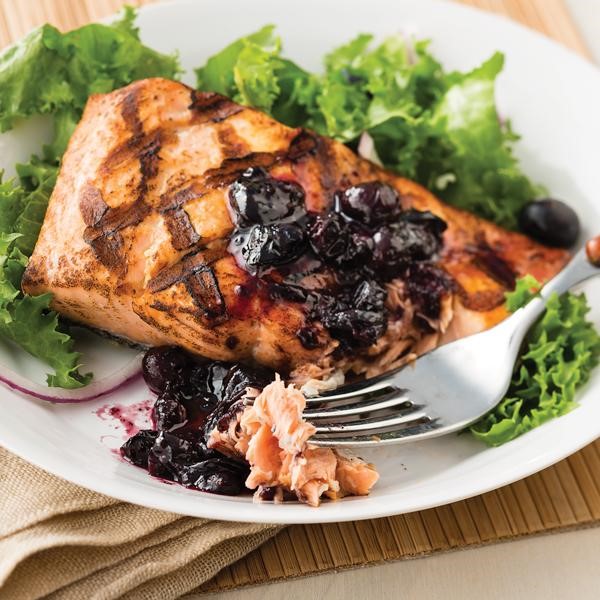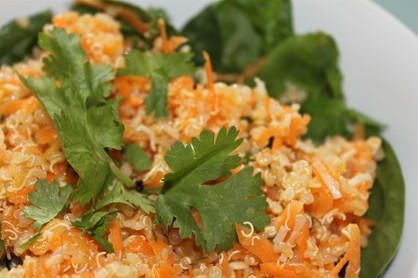I’ve been taking a look at my diet lately, as I am wont to do at this time of year. I’ve been feeling heavy, foggy, generally grumpy. And like always when I do this, even though I try to be pretty good about what I eat, I’m legit shocked by the amount of sodium in my diet. Measurable sodium— we’re not even talking about what comes out of the shaker when I’m cooking.
Sodium is in just about everything, and in heaping amounts when it comes to processed or restaurant foods. That’s one of several very compelling reasons to start a diet overhaul by committing to preparing all of your own food at home.
90% of Americans are overdoing it on the sodium, by a lot: the recommendation is that we take in less than 2,300 milligrams (about a teaspoon of salt) per day, and we’re averaging about 3,400 mg daily. Kids, in particular, are susceptible to high sodium levels because of their near universal love of certain foods:
pizza, esp with meat toppings
bread and rolls
lunchmeat
cheese
chicken nuggets
canned anything
soups
chips and crackers
Most adults probably eat too many of those, too.

Mmm, pizza
Too much sodium can lead to increased blood pressure, which in turn increases your risk for heart disease and stroke: two of the leading causes of death in this country (heart disease is #1).
BUT, not getting enough sodium carries its own health risks, so don’t worry about cutting it out completely.
Best practices for healthy sodium levels:
- get out of the habit of using table salt entirely
- use salt sparingly while cooking; save it for those foods that really need it for flavor
- READ INGREDIENT LISTS!
- cut our processed foods as much as possible
- up your potassium intake by eating lots of leafy green vegetables, orange vegetables, bananas and citrus fruits. Potassium helps your body release sodium.

Here’s some tasty inspiration for your newly-formed resolve to reduce sodium intake! They’re also meat-free (technically, depending on where you stand on seafood as a meat) so possibilities for Meatless Monday menus.
These two recipes were created by the Executive Chef at Pritikin Longevity Center + Spa, Anthony Stewart.
Two No Sodium Recipes to Try

SEARED SALMON WITH BLUEBERRIES AND QUINOA
Serves 4
- ¾ cup uncooked quinoa
- ½ cup balsamic vinegar
- 2 cups fresh blueberries
- 4 four-ounce salmon fillets
Pre-heat grill to medium-high heat.
Bring quinoa and 1-1/2 cups water to a boil in a medium saucepan. Reduce heat to low, and cover and simmer until tender and most of the liquid has been absorbed, about 15 minutes.
While quinoa is simmering, pour balsamic vinegar and blueberries into a small saucepan. Bring to boil on the stove. Reduce heat and stir regularly under mixture is reduced by half, about 10 minutes. Remove from heat.
To grill salmon, place your fillets on grill rack lighted misted with oil spray, and directly over coals. Grill, uncovered, for 4 to 6 minutes per 1/2-inch thickness, or until fish begins to flake when tested with a fork. Turn the fish once halfway through grilling.
If your fillets still have skin, remove the skin after grilling.
On 4 individual plates, divide quinoa. Top with salmon. Top salmon with blueberry sauce. Garnish each plate, if desired, with a few fresh blueberries.

QUINOA AND CARROT SALAD
Serves 4 to 6
- ¾ cup uncooked quinoa
- 1 cup carrots, shredded
- 1 teaspoon garlic, finely chopped
- 1 teaspoon onion, finely chopped
- 1 teaspoon dried oregano
- 1 teaspoon fresh mint, finely chopped
- 2 tablespoons orange juice (or more, if desired)
- ½ seedless cucumber, chopped (optional)
Bring quinoa and 1-1/2 cups water to a boil in a medium saucepan. Reduce heat to low, and cover and simmer until tender and most of the liquid has been absorbed, about 15 minutes. Fluff with a fork. Let cool.
In a medium bowl, combine quinoa, carrots, garlic, and onion.
Add oregano, mint, and orange juice.
Add cucumber, if desired.
Toss to combine.
